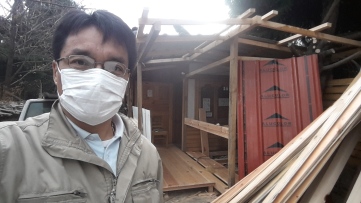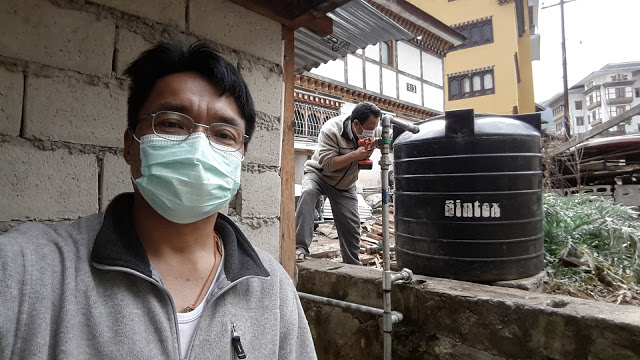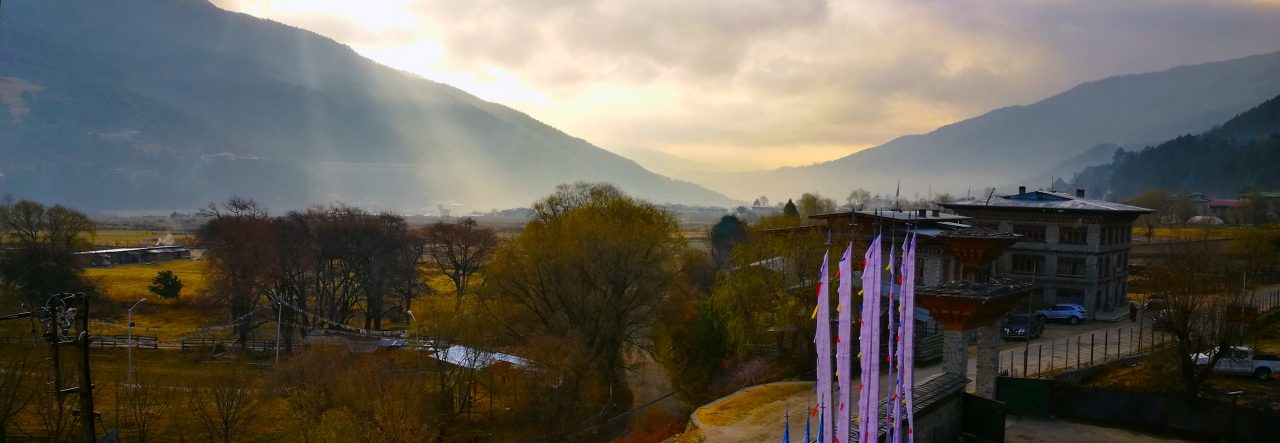Failures, education and learning are three different things. But the modern society has jumbled them into a perfect blend trapping thousands of young people into hopelessness.
First, it kills me that our young people cannot deal with failures and disappointments in life. Why is this happening? Who taught them that life is a smooth sail? Who is responsible for giving false hopes? How do we teach people to embrace failures and disappointments?

A young Facebook friend wrote to me few days back (I get such requests very frequently from young people) asking me how he could help his friend to deal with a failure. Apparently his friend couldn’t qualify for college. I don’t know why people have to rush to college. I made my daughter work as a receptionist in Dorji Elements for 2 years before she figured out what to do and resumed her studies.
Anyway here is the advice I wrote to my facebook friend. I thought this might be relevant to many facing similar dilemma.
Dear…….. I have two suggestions and a word of caution for your friend.
1. Not being able to continue his studies is neither the end of the world nor the end of his learning life. I, myself, was interrupted three times in my life on my road to formal education. First, after I finished class X when the government insisted I joined the job market (1982 to 1983). Second, after I completed my diploma from Dewathang (1985 to 1988) and third, after all these years since I graduated in 1995 (this was, of course, my own doing). So the key to continuing his studies is not to keep banging his head of being a student at all cost but to take a diversion and to resume after some time – like I did.
2. He can take up some petty jobs – any job that would give him an honest income – and then he could take an evening BA course at the Royal Thimphu College. (And in 4 years he has his ‘dream’ paper. Not sure if it would be useful but there is a 46-year-old shopkeeper who is doing that, together with many younger students. They work the whole day and come to class in the evening. It is the same degree course).
The word of caution to your friend is never to look at formal education as the only way to success or to live. Education and learning are tools to help you become a better person, a good human being and a productive citizen. It should not be seen as an escape from poverty, as a piece to show off to others, or to pursue just because your classmates are also doing that. I hope these all make sense.”
Second, I hate that our society has created just one channel of thought, just one means to live and one way to be human – Get a college degree, or you are nothing. It is not just in Bhutan but everywhere. While I support formal education (otherwise I wouldn’t be writing here), what I strongly advocate is learning, and in fact lifelong learning. Education and learning for me are both useful tools to see, feel and experience the world fully – and differently. However, education and learning are altogether different. Education is a systematic learning and that’s it. But learning is a natural process that should not stop after a formal education.
 Even without, or with less, formal education we can survive. When I was in the 7th grade (and I was just 12) I did house wirings in Tashigang town and in my village during school holidays and earned ‘tons’ of money. Two months and four houses = Nu. 800! Can you imagine? My father’s monthly salary was just Nu. 210. Other times, when I was growing up, I also worked as plumber and electrician and repaired sawmills and rice grinding machines. However, I wouldn’t have survived without learning. As as neonate I learnt to breathe and cry and feed myself. As a toddler, I learnt to walk, speak, tie my lace and say, kuzuzangpo. As I grew up I learnt many other skills besides what the education system gave me. As a matter of fact, from some of those skills I even launched very successful careers in documentary filmmaking, journalism, teaching and social work.
Even without, or with less, formal education we can survive. When I was in the 7th grade (and I was just 12) I did house wirings in Tashigang town and in my village during school holidays and earned ‘tons’ of money. Two months and four houses = Nu. 800! Can you imagine? My father’s monthly salary was just Nu. 210. Other times, when I was growing up, I also worked as plumber and electrician and repaired sawmills and rice grinding machines. However, I wouldn’t have survived without learning. As as neonate I learnt to breathe and cry and feed myself. As a toddler, I learnt to walk, speak, tie my lace and say, kuzuzangpo. As I grew up I learnt many other skills besides what the education system gave me. As a matter of fact, from some of those skills I even launched very successful careers in documentary filmmaking, journalism, teaching and social work.
And my learning continues even to this day. But after my PhD, I might work as barista (I can serve free coffee to myself), bookseller (inspired by Bookseller of Kabul) or a builder (building stuff is in my blood) or as a teacher (wherever they want me. Would love to teach on the steppes of Mongolia). Now, am I wasting my time pursing PhD? Absolutely not. As I said, I am savouring the experience, the process and the different

worlds beyond the civil service, engineering, media, filmmaking and parenthood. I am in the world of philosophy (reading Aristotle, Confucius, Gebser, Foucault); the world of anthropology and socio-linguistics (works of Boas, Geertz, Labov); the world of Buddhism, which I thought I was in but realised I knew nothing (so reading Nagarjuna, Chandrakirti, Dzongsar Khyentse); and lastly, the fantastic realm of research and discovery – of old knowledge and new paradigms. This is actually what brought along this PhD thing. I started pursuing what I tentatively coined as middle path communication – a new theoretical framework for Bhutan in the age of social media. So PhD isn’t my goal but just a means.
To summarise, failures, education and learning are three different things. And then there is qualification – altogether a different animal, which together with titles and decorations, are things we are so addicted to. But I am also aware that it is not their fault. The modern society has jumbled all these into a perfect blend, which has trapped thousands of youth across the country, and millions worldwide. In Bhutan we do that:
- Socially: We characterise education as an escape from poverty and also equate farming to hell. “If you don’t want to study, do you want to look after cows?” Bhutanese parents often tell their children. We also give shallow advice: Just get a degree and your life is made. We provide false hope: Study hard so that you don’t have to struggle later. And my all time favourite: Zaaai! You have graduated. Now you can enjoy the rest of your life.
- Systematically: For the education system, you are just a number. If you hit 62.5, you have made it to heaven (welcome to Sherubtse College). 62.4? You can go to hell. We even use massacring words like “cut-off” points.
I could go on but let me stop here and post a TED talk video of this extraordinary guy, Sonam Wangchuk (no relation to me. He is an Indian from Ladakh) who returned to his community and has some great answers and solutions.




Wonderful lines. Your lines will never fail to win the heart of thousands like me. Bhutan loves you so much sir
LikeLike
Truly humbled. Monee. In fact I am flattered. 🙂
LikeLike
Your message is big Sir. So inspiring.
LikeLike
Thanks Sangay P
LikeLike
Thank you for sharing your thoughts. Relevant and inspiring!
LikeLike
You are welcome.
LikeLike
A very thought provoking message for the people of all the stages.Hope the readers will pass this piece of the worthful message and let our people value failures as a stepping stone in the life.
LikeLiked by 1 person
Just perfect to read and futuristic. Thanks for sharing a very personal stuff which can enlighten our crazy youth.
LikeLike